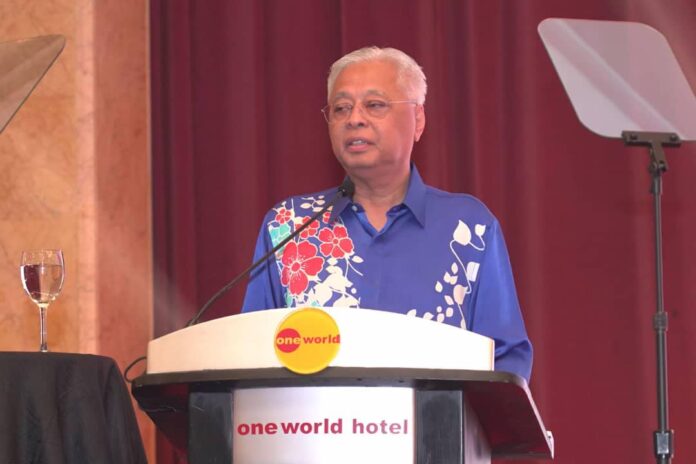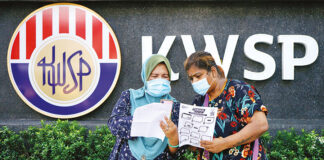PETALING JAYA, July 28 — Malaysia’s economic growth is expected to remain strong in the second quarter (Q2) of this year, driven by several economic indicators, among them, the increase in the country’s trade which surged 43.4 per cent in June 2022, hitting a new high of RM270.4 bilion.
Prime Minister Datuk Seri Ismail Sabri Yaakob said exports grew 38.8 per cent year-on-year to RM146.2 billion in the month while imports soared 49.3 per cent to RM124.2 billion.
“The labour market also saw improvement with the unemployment rate declining to 3.9 per cent in May 2022 compared with 5.0 per cent in the same month in 2020,” he said in his speech at a dinner event to celebrate the 60th anniversary of the National Chamber of Commerce and Industry of Malaysia (NCCIM) here, tonight.
Ismail Sabri said wholesale and retail trade sales also recorded better performance, rising 19.9 per cent, while manufactruing sales increased by 15.7 per cent in May this year.
The strong economic performance was also supported by consistent government policies particularly the initiatives under Budget 2022 as well as stimulus packages and aids that were introduced.
“The economy continues to record recovery during the country’s transition to the endemic phase after facing the threat of COVID-19 for two years.
“Apart from the pandemik, followed by the increase in prices of goods and inflation due to disruptions in the global supply chain and geopolitical crisis, Alhamdulillah, the nation’s economic and trade performance continue to remain intact,” he said.
He said for the first quarter of 2022 (Q1 2022), Malaysia’s economy expanded by five per cent supported by the increase in domestic and external demand as well as recovery in the labour market.
He also disclosed that a total of RM42.8 billion in investments had been approved, involving 910 projects and created 24,906 new job opportunities for Keluarga Malaysia in Q1 2022.
He said international credit rating agency S&P Global Ratings had upgraded Malaysia’s sovereign credit ratings outlook from negative to stable, hence, reflecting the investors’ confidence in the country’s credit ability in addressing fiscal challenges post-pandemic.
Meanwhile, Ismail Sabri also called on NCCIM members to be responsive and take the initiative to comply with the labour regulations to maintain competitiveness in the existing market and expand their potentials in new markets.
This is in line with the country’s New Investment Policy anchored on the National Investment Aspirations with the main focus on making Malaysia as an investment destination based on Environmental, Social and Governance elements which ensure sustainability in production and business operations including complying with international labour standards.
















